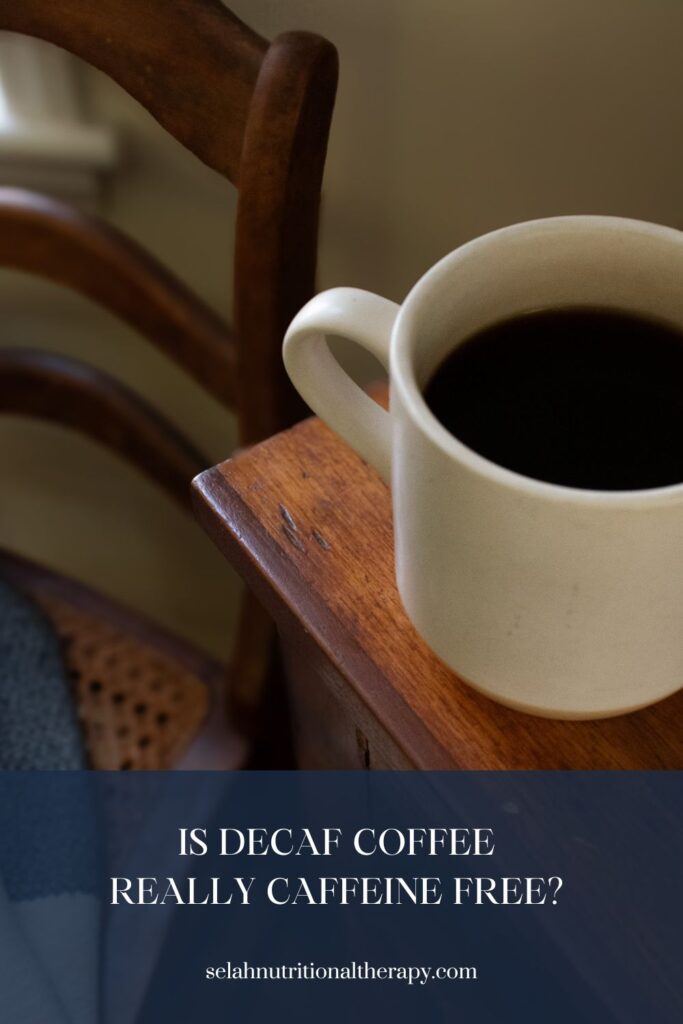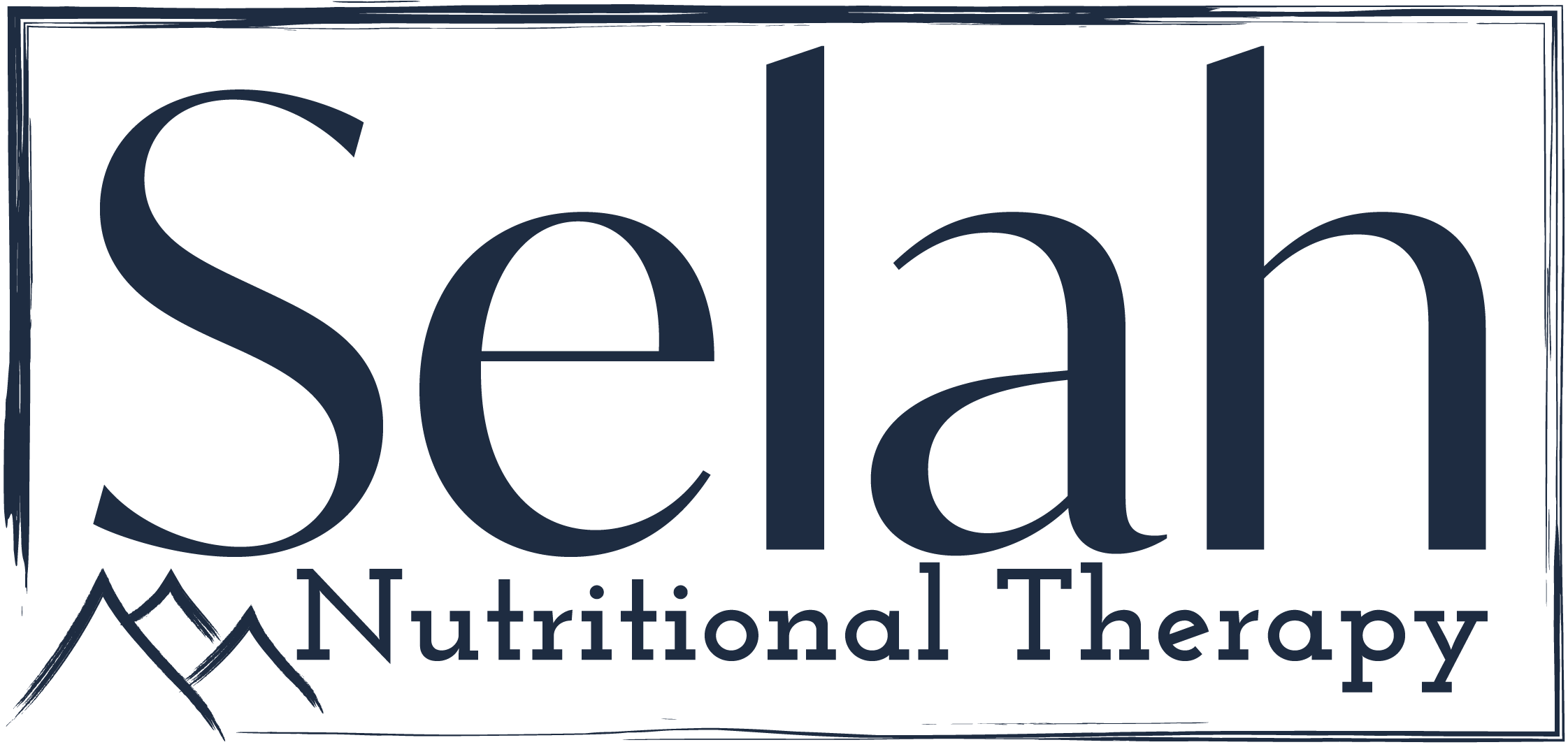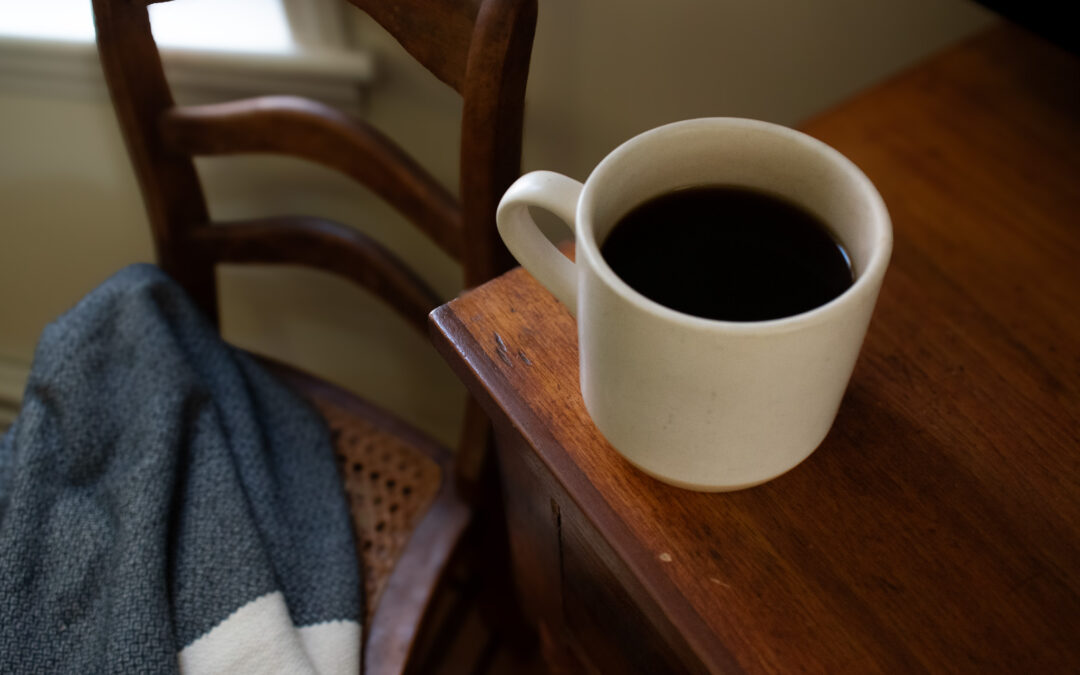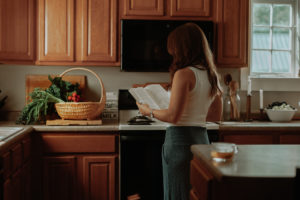Decaf coffee can help you to enjoy the complex flavors of coffee without the stimulating effects of caffeine. Some individuals (like myself) are extra sensitive to the effects of caffeine and choosing decaf can be a great alternative. But there are a handful of myths or lack of understanding about decaffination. Decaf is made through various methods that remove most of the caffeine while preserving the coffee’s unique character. But, are any of these decaf coffees 100% caffeine free?
Decaf coffee myths
1.Decaffeination is done by the roaster:
Not true, caffeine is removed while the coffee is still green.
2. There are special breeds of decaf coffee plans:
No, although some beans DO have a higher volume of caffeine. Robusta vs Arabica for example has 2x as much
3. Decaf coffee is full of chemicals:
Like all elements in life- blanket statements are rarely accurate. Some lower quality decaf coffees are made with chemicals like methylene chloride (used in paint thinner!). However, most specialty craft coffees are chemical free and use water or carbon dioxide to rid the beans of the caffeine.
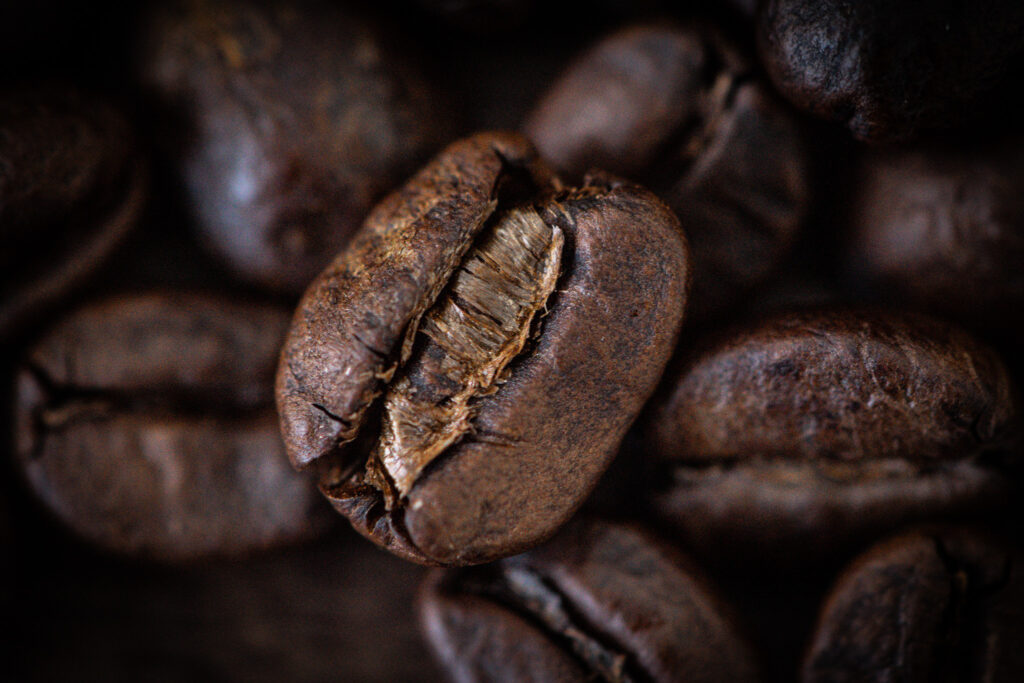
Why is decaf coffee “bad”?
People referring to decaffeinated coffee being “bad” for you are referencing the chemical process involved in removing the caffeine. Buying a water processed decaf, gives you all the benefits of antioxidant rich coffee without any of the jitters or anxiety.
How is decaf coffee made?
Chemical Solvent Method: In this original method, beans are steamed to open their pores and then rinsed with a chemical solvent, The solvent binds to the caffeine, allowing it to be washed away. The beans are then steamed again to remove any remaining solvent.
Swiss Water Process: This is a chemical-free method that uses water to extract caffeine. Green coffee beans are soaked in hot water, which dissolves the caffeine along with other soluble compounds. Next, he water is then passed through a carbon filter that traps the caffeine while allowing the flavor compounds to remain. The beans are reintroduced to the flavor-saturated water, ensuring they retain their taste. Swiss water processed is technically trademarked and not all water processed coffees are using Swiss Water for the process.
CO2 Method: This method uses carbon dioxide under high pressure to extract caffeine. The beans are soaked in liquid CO2, which selectively bonds with caffeine molecules. Once the CO2 is released, the caffeine is removed, leaving the beans with most of their flavor intact.
For specialty coffees, the Swiss water processed is most used
Who invented decaf coffee?
Decaf coffee was created by accident by Ludwig Roselius. In 1903, Roselius accidentally discovered a method to remove caffeine from coffee beans after a shipment of coffee soaked in seawater became less caffeinated. Motivated by concerns over caffeine’s stimulating effects, and the death of his heavily caffeinated father, he perfected and patented the process in 1906 with the original chemical solvent method.
Does decaf coffee make you sleep?
No, its only improvements for sleeping quality would be the LACK of caffeine. Decaf coffee does not improve sleep performance on its own.
Related: How to improve sleep quality
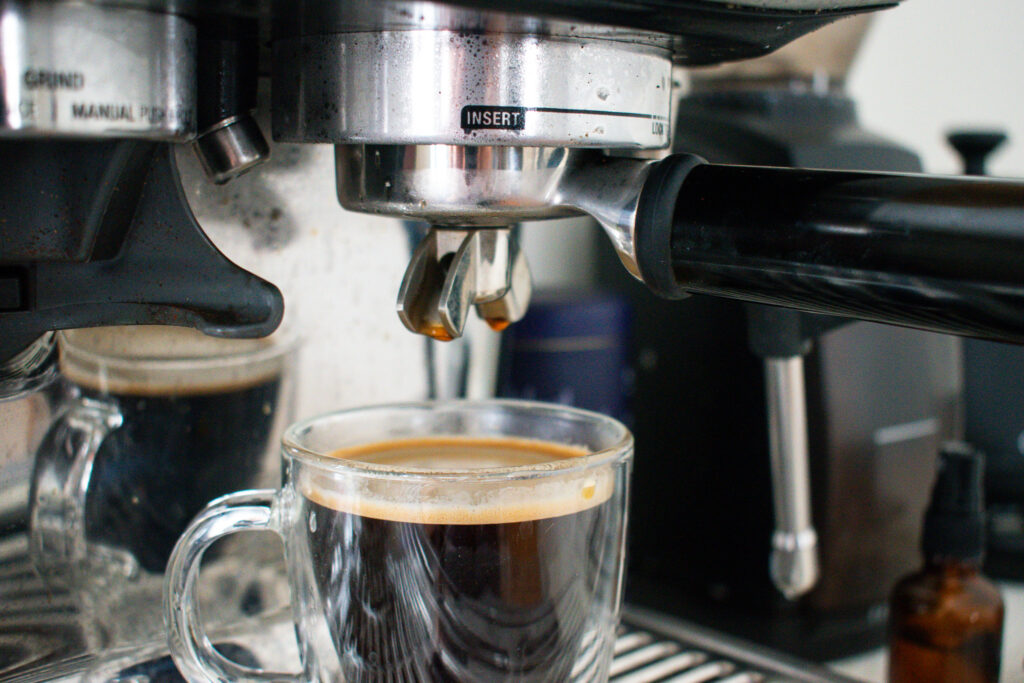
Why does caffeine make my anxiety worse?
Caffeine stimulates the nervous system. This provides a temporary boost of energy and alertness. However, it also can exacerbate anxiety in some individuals. High doses of caffeine may lead to increased heart rate, restlessness, and feelings of nervousness, all of which can mimic or intensify anxiety symptoms. For those who are already prone to anxiety, even moderate caffeine consumption can trigger or worsen episodes, making it challenging to have a quiet mind.
Does caffeine actually give you energy?
No, continuously drinking caffeine to deal with chronic fatigue will only leave you with more fatigue.
Think energy debt.
Caffeine is an adenosine receptor antagonist. By blocking the adenosine A2 receptors in the brain it PROMOTES wakefulness. It has to pull from a source in the body— that energy you don’t actually have. Leaving you with that caffeine crash around 2pm.
Also, caffeine also interrupts the sleep/wake regulation leaving you with poorer quality sleep— and again- more fatigue. (+ more caffeine consumption)
If drained energy is a major concern of yours- quitting the caffeine may make a drastic impact, and would be the best option.
More in-depth information here.
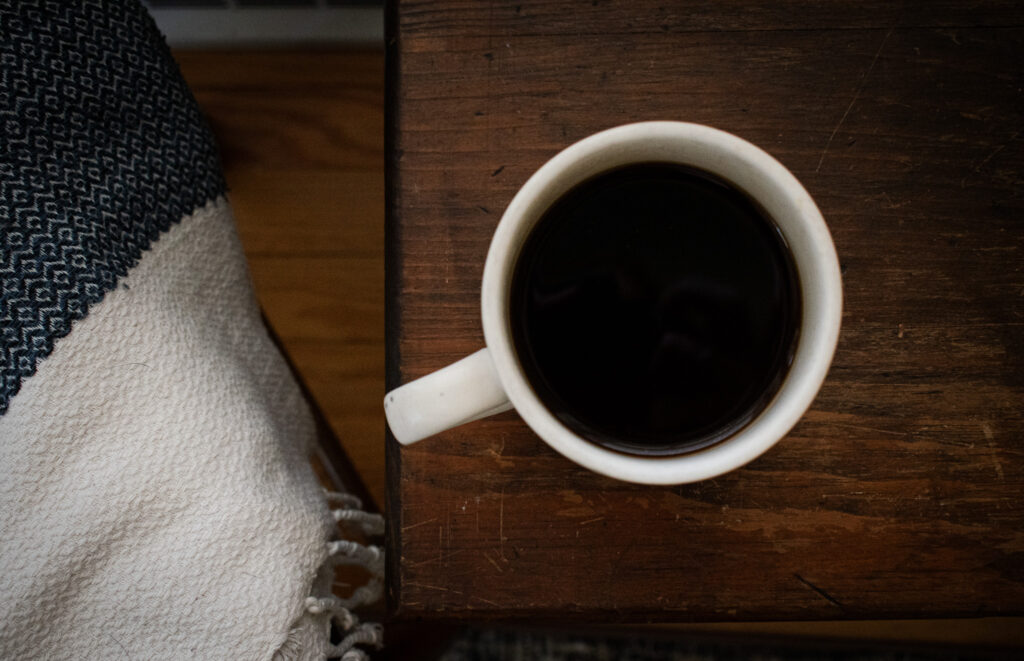
Which decaf coffee has the least caffeine?
Swiss water process removes 99.9% of all caffeine!
Which decaf coffee is water processed?
In general, I am an advocate for specialty coffees. In our home, my husband roasts our coffee. I’ve shared a bit about this on my instagram in the past. It is a wide world once you dive into it and we are still learning all the time! Life long learning is a good thing.
When we buy green beens, it says the way is was decaffeinated on the website.
However, if you’re shopping at your local store, or roasters, you would look at the bag for labels like: water process, chemical free, certified organic, solvent free. Usually quality coffees are proud of their craft and will have bags labeled with the process and even the roast date- that’s how you know you found a good one.
If you’re still not seeing it, ask the barista.
What brands have Swiss water decaf?
Some bigger names that do use water processing in their coffee is Peets, Trader Joes, Kicking Horse, Bulletproof, Counter Culture etc.
However, supporting your local roasters is an ideal option if they have it available!
What questions didn’t I cover? Let me know what you’re still wondering about in the comments.
Ready to perfect your home brewed coffee? I love this book by Jessica Easton for perfecting the perfect cup at home.
Like it? Share it!
